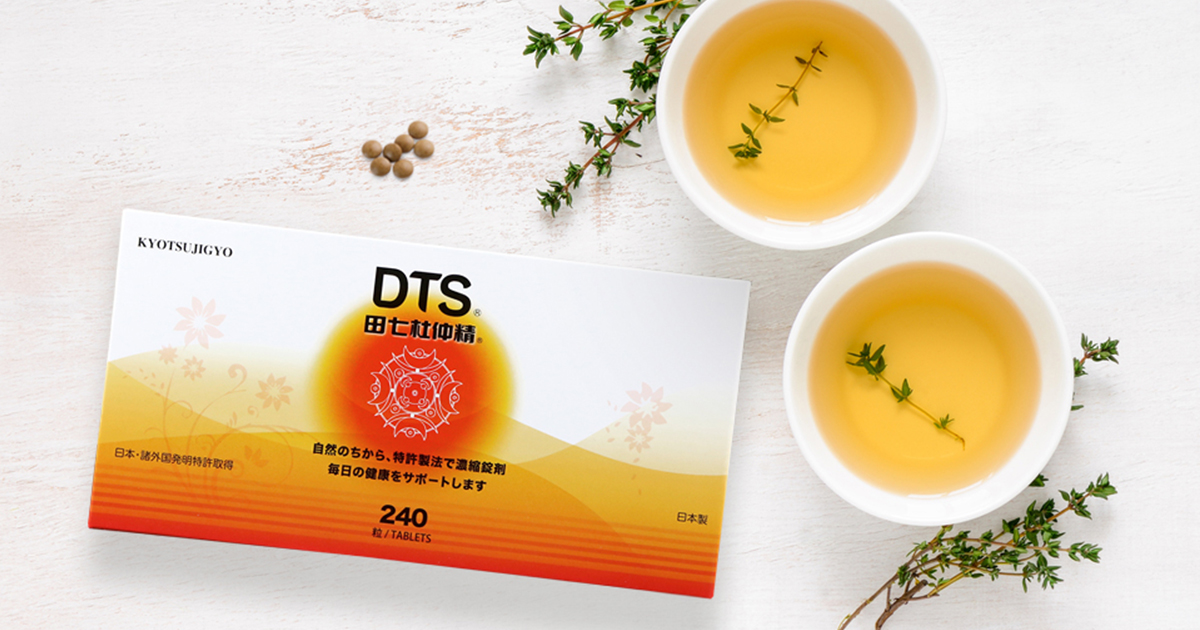4 Things You Want To Know about DTS

How long does it take to see results? Should I stop taking it after a while? Are there any side effects? These are some of the most common questions we get, and let’s find out the answer together.
How long does it take to see results?
Results often vary among different users, as no two individuals have the same condition, diet, and lifestyles, which could all play parts in the effects of DTS. Kidney damage is known to be irreversible, and indeed, current medical treatment can only focus on slowing down the progression.
DTS provides an option for people with low kidney health as kidney support. Although it is not a treatment or cure, scientific data shows that DTS is beneficial in supporting kidney function. According to data from research, case studies, and user reviews, we recommend users allow at least 4-6 months to observe changes in kidney function.
We recommend users take kidney function tests before and after to compare kidney function - eGFR level. Stabilized or improved eGFR levels are good indications.
How to know DTS is improving health?
While monitoring kidney function levels is a good way to know if DTS is improving health levels, there are other signs that users can look out for. As DTS gradually regulates the body, it is possible for users to experience positive changes in areas such as urine, energy and physical strength, sleep quality, appetite, etc. These changes could often be related to liver and kidney health levels.
What is the next step?
DTS is not a one-fix solution, and short-term use of DTS is often insufficient for the improvement to be noticeable. Consistency is key to make the best out of DTS. When the kidney health level is improved, it is recommended to keep using DTS normally or on a lower dosage for maintenance. It will offer a more consistent and all-rounded protective effect compared to short-term use.
Is it safe to take DTS long-term?
DTS is made by a patented extraction method. This process is unique to DTS and ensures the effects of each ingredient are maximized while eliminating most unwanted substances and toxins within the ingredients to minimise side effects. DTS also passes a range of pharmaceutical-grade safety standards and a series of quality and safety tests.
Long-term usage should not be of concern. However, suppose users take multiple supplements and medications and feel unwell after using DTS. In that case, it is recommended to reduce DTS dosage, stop using DTS, or seek professional advice.
- * All research and clinical data should be used as reference purposes only, results may vary.




